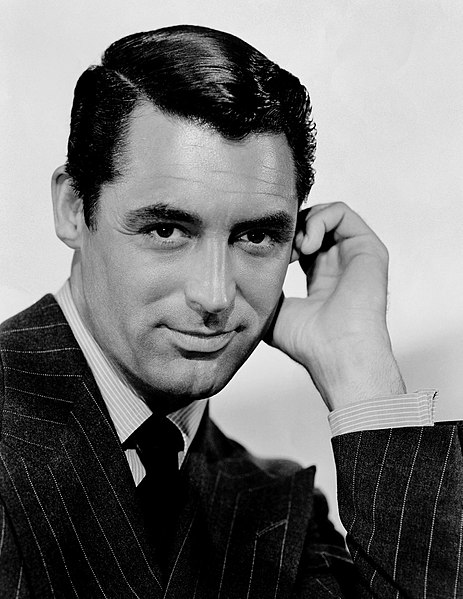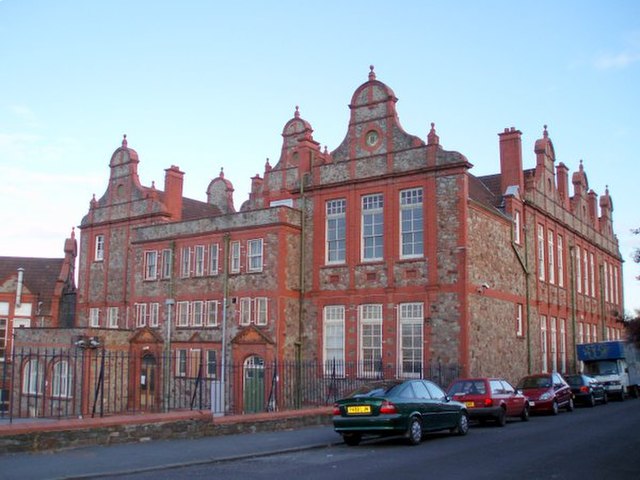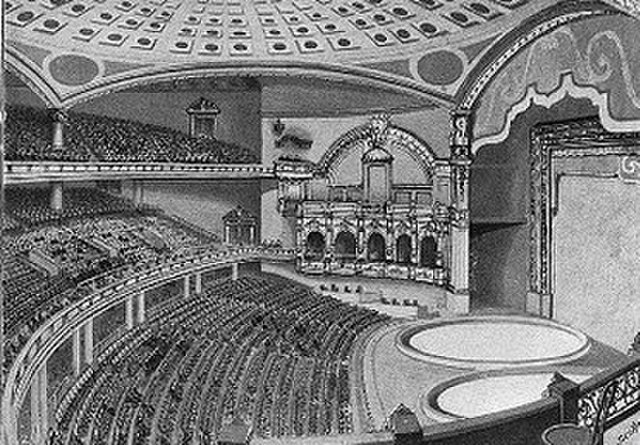Cary Grant was an English-American actor. He was known for his Mid-Atlantic accent, debonair demeanor, lighthearted approach to acting, and sense of comic timing. He was one of classic Hollywood's definitive leading men. He was nominated twice for the Academy Award, received an Academy Honorary Award in 1970, and received the Kennedy Center Honor in 1981. He was named the second greatest male star of the Golden Age of Hollywood by the American Film Institute in 1999.
Grant in a publicity still for Suspicion (1941)
Fairfield Grammar School, which Grant attended between 1915 and 1918
The New York Hippodrome where Grant performed
The Casino Theater on Broadway and 39th Street, where Grant appeared in Shubert's Boom-Boom
The Mid-Atlantic accent, or Transatlantic accent, is a consciously learned accent of English, fashionably used by the American upper class and entertainment industry of the late 19th century to mid-20th century, that blended elements from both American and British English. Specifically, it blended features from both prestigious coastal Northeastern American English and from Received Pronunciation, the standard speech of England. The accent was embraced in private independent American preparatory schools, especially by members of the Northeastern upper class, as well as in schools for film, radio, and stage acting, with its overall use sharply declining after the Second World War. The Mid-Atlantic accent is not a native or regional accent; rather, according to voice and drama professor Dudley Knight, "its earliest advocates bragged that its chief quality was that no Americans actually spoke it unless educated to do so".

F1/F2 values of Franklin D. Roosevelt's Mid-Atlantic vowels in hertz according to Urban (2021).





